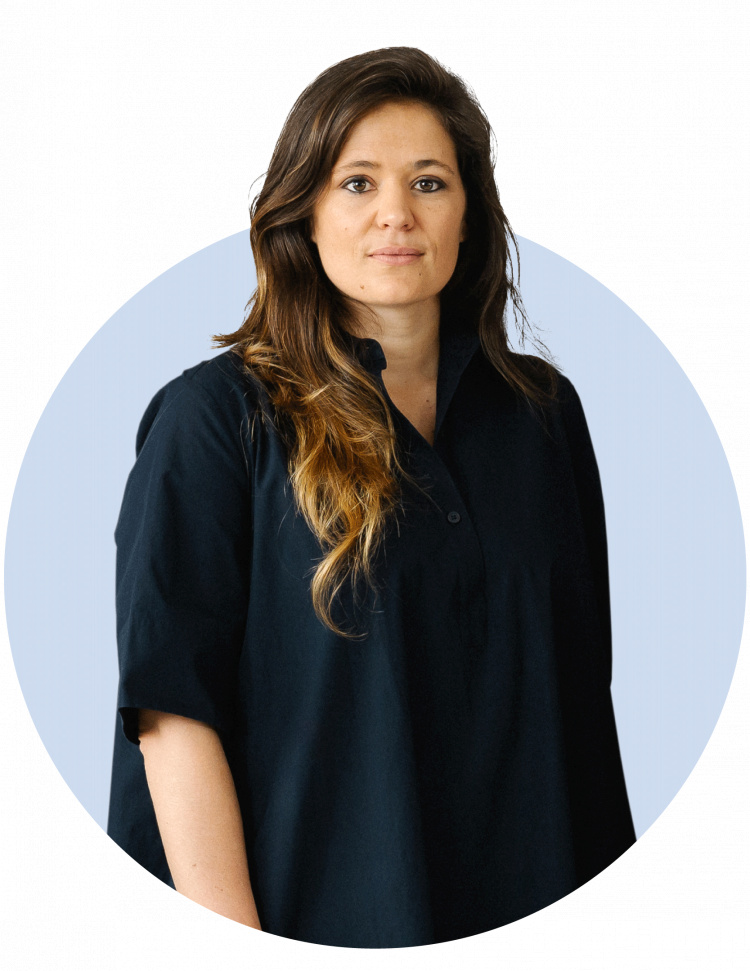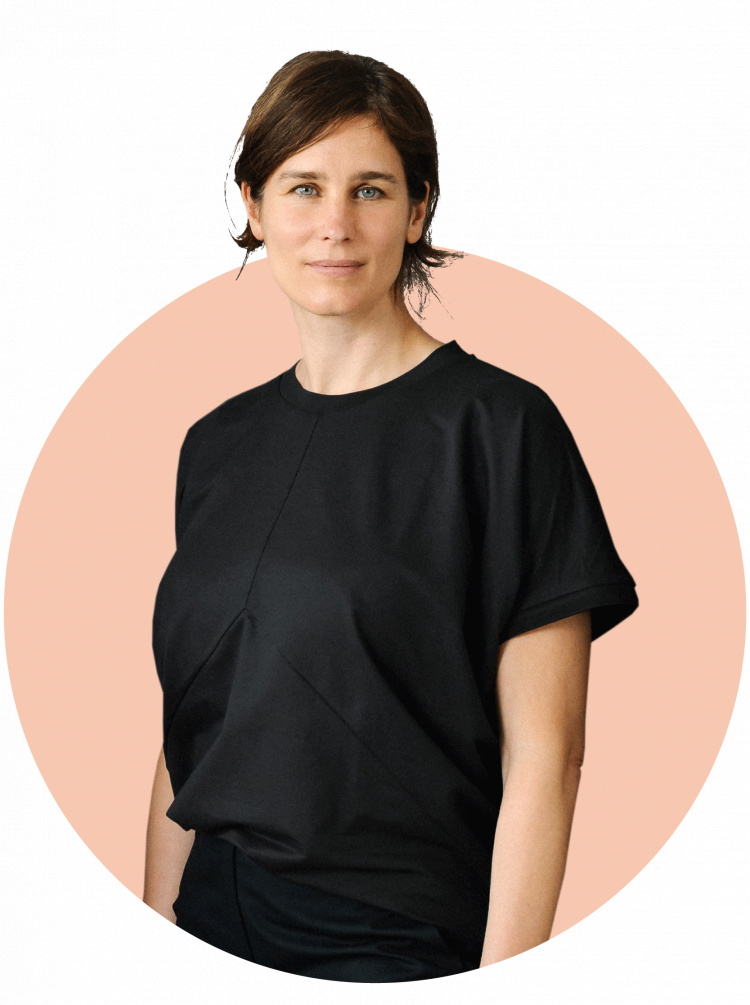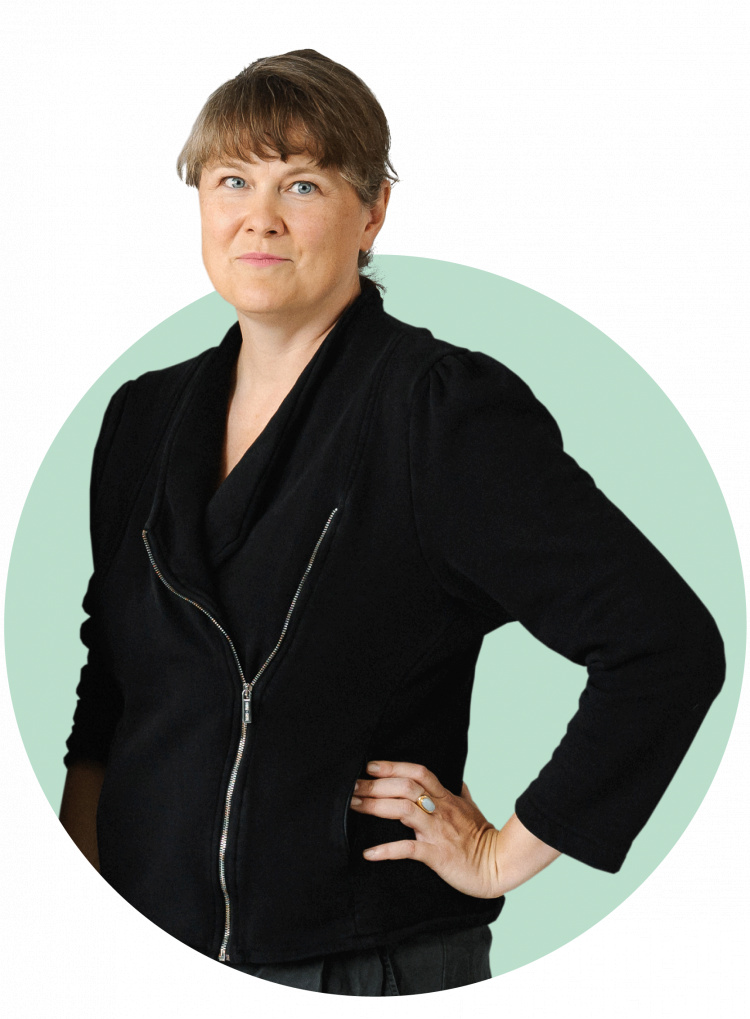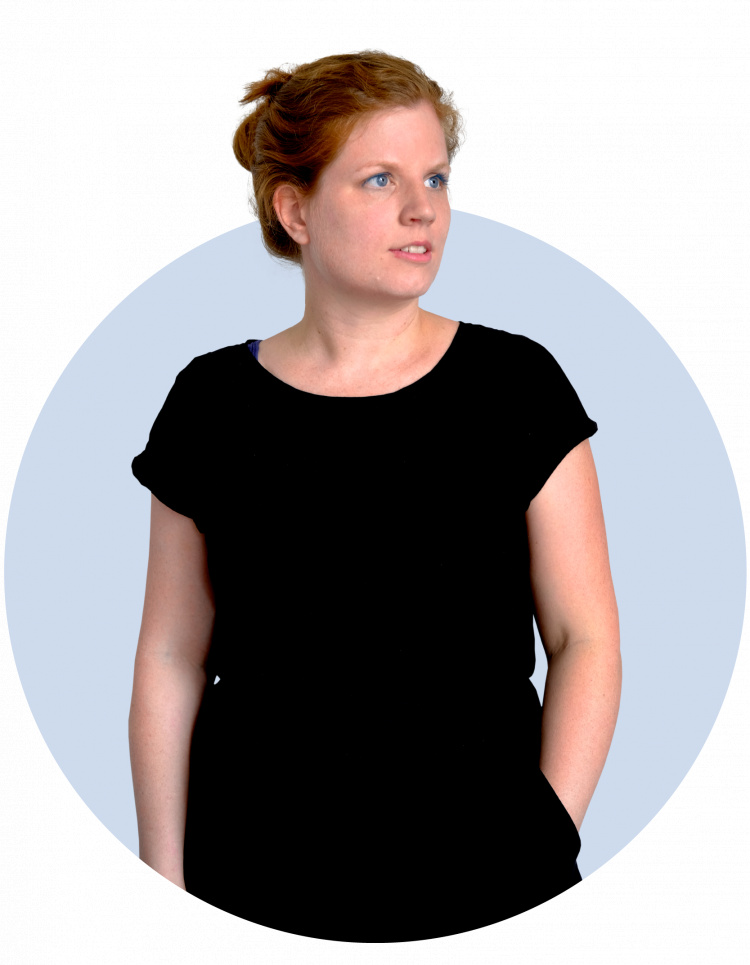Founded in 2015 by Kim Le Roux and Margit Sichrovsky, we are an architecture firm based in Berlin. Wiebke Ahues joined the team as a partner in April 2024. In our eyes, architecture has the potential to help shape a sustainable future. We are active in the field of circular planning and circular construction and are committed to transitioning towards a climate-friendly construction industry that conserves resources and avoids waste - in short, shifting towards environmentally conscious building processes.
As architects, we approach this task with a culture of courage, appreciation and experimentation. We face new challenges, question standards and break new ground - always with a view to future-oriented architecture and positive social change.
As well as new processes and strategies, transforming the construction industry requires us to approach building in a completely new way. Circular building in particular gives rise to new aesthetics. These not only take into account ecological and planetary boundaries, but also incorporate fundamental human needs such as living, working, identity, continuity and cultural references.
The pressing need for the construction sector to rethink the circular economy is being taken increasingly seriously. In order to reach climate targets, to conserve the resources still available and to avoid waste, circular construction is not simply an optional extra, but a necessity.
Architecture and urban planning in service phases 1-9
Circular planning and construction
Workshops and user involvement
form follows disassembly
Circular construction requires components and materials (whether new or re-used) that can be sorted and dismantled, so that buildings can effectively store materials for the future.
form follows availability
By transforming existing buildings, as well as reusing components, materials, offcuts and waste, CO2 that has already been stored can remain in the cycle for longer. At the same time, waste is reduced and resources are conserved. Planning and construction processes must be redesigned to make the most of resources from existing buildings.
rethinking standards
Circular construction requires a new approach to existing standards. This relates to technical norms that affect planning and construction as well as social standards and values. For example, this can mean questioning comfort standards, preserving existing buildings rather than demolishing them, as well as introducing processes that enable broad social participation.













We currently have no open positions.
Interested in working with us and actively shaping the construction transition? We also welcome unsolicited applications at bewerbung@lxsy.de.